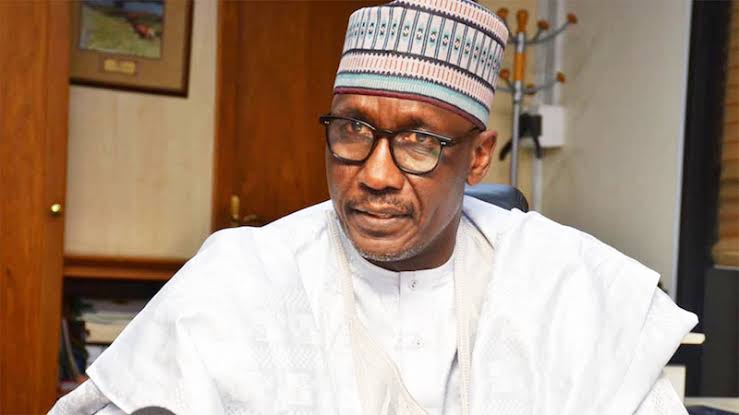The Nigerian National Petroleum Company Limited (NNPC Ltd) has reaffirmed its commitment to fully rehabilitate its three major refineries—Port Harcourt, Warri, and Kaduna—while dismissing speculation about any planned sale of the Port Harcourt Refining Company (PHRC).
In a firm statement, NNPC Ltd confirmed it is actively sourcing additional funding to support the ongoing rehabilitation of the Port Harcourt refinery, which is central to its long-term energy strategy. The company clarified that the facility is not for sale and remains a critical national asset.
Despite the recurring public skepticism surrounding Nigeria’s refinery rehabilitation efforts, NNPC is pressing ahead. Between 2002 and 2012 alone, the state oil firm received over N16 trillion in approved funding for the turnaround maintenance of the three refineries. However, the facilities have remained largely inactive, forcing Nigeria to depend heavily on imported refined petroleum products.
Now, with global energy dynamics shifting and fuel import bills climbing, NNPC says it is changing course. The new plan includes pursuing advanced technical partnerships aimed at accelerating the full restoration of refining operations at the Port Harcourt plant. These partnerships, according to insiders, will involve technology transfer, operational efficiency, and performance-based targets to avoid past pitfalls.
Officials also emphasized that the renewed drive is part of a broader strategy to ensure domestic refining capacity improves, thereby reducing dependence on imported fuel and enhancing Nigeria’s energy security. The Port Harcourt refinery, with a nameplate capacity of 210,000 barrels per day, is expected to come back onstream in phases once the rehabilitation reaches key milestones.
The company’s position on the refinery’s ownership was unequivocal: the Port Harcourt Refining Company is not on the market, nor will it be privatized. NNPC Ltd described the plant as a strategic national asset and confirmed that it would remain under state control even after rehabilitation is complete.
This clarity comes amid speculation that the company might opt to offload some of its downstream assets in light of rising costs and global calls for market reforms. However, NNPC’s leadership insists that the focus remains on long-term value creation, not asset disposal.
To fund the next phase of the rehabilitation, NNPC is expected to pursue a mix of commercial financing, internal capital deployment, and possibly multilateral investment support. Industry stakeholders believe the inclusion of credible technical partners could boost investor confidence and keep the project on track.
The Port Harcourt refinery project is particularly symbolic for NNPC, given its visibility and the public expectation attached to it. A successful turnaround would not only restore national refining capacity but also restore some confidence in Nigeria’s ability to execute large-scale infrastructure projects.
As NNPC Ltd pushes forward with its reform agenda under the Petroleum Industry Act (PIA), the company says it remains focused on transparency, efficiency, and value delivery across its operations. The Port Harcourt refinery stands at the heart of that promise—and, for now, it’s staying in public hands.





